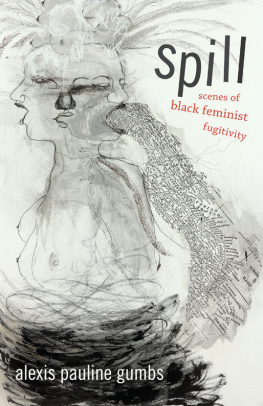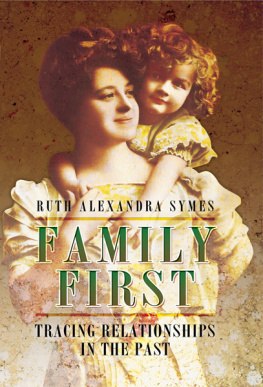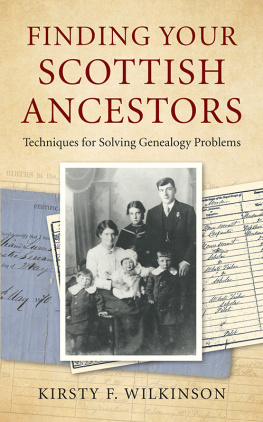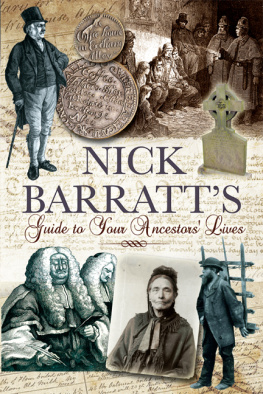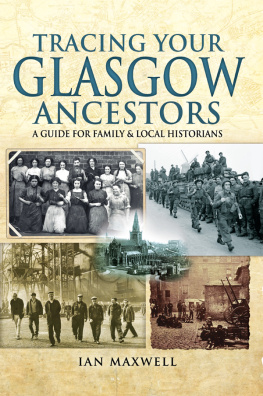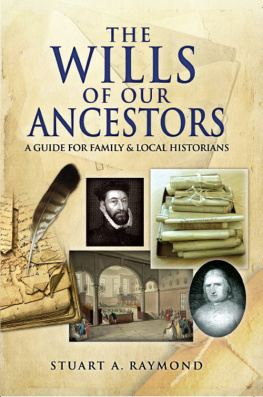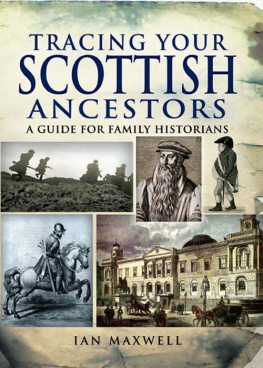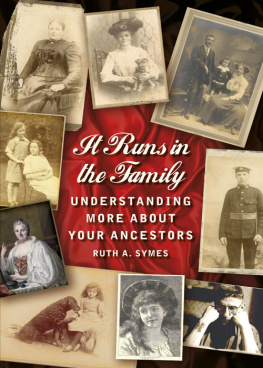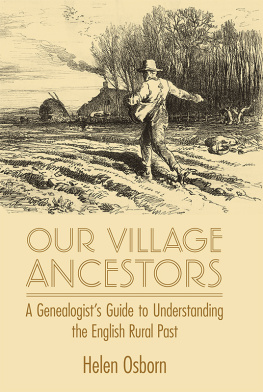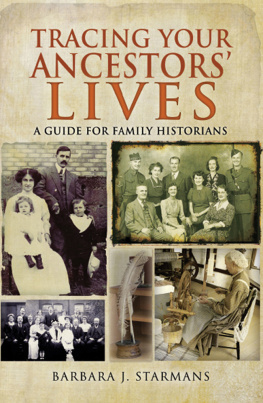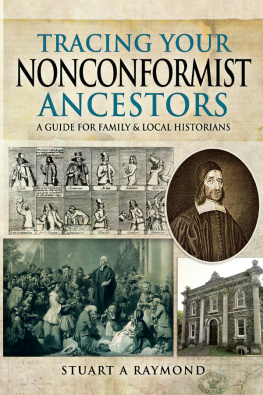Editors-in-Chief Deborah Chasman & Joshua Cohen
Managing Editor and Arts Editor Adam McGee
Senior Editor Matt Lord
Engagement Editor Rosie Gillies
Manuscript and Production Editor Hannah Liberman
Contributing Editors Adom Getachew, Walter Johnson, Amy Kapczynski, Robin D.G. Kelley, Lenore Palladino
Contributing Arts Editor Ed Pavli
2020 Annual Poetry Contest Judge Alexis Pauline Gumbs
2020 Aura Estrada Short Story Contest Judge Ivelisse Rodriguez
Editorial Assistants Tadhg Larabee, Meghana Mysore, Katya Schwenk, & Jason Vanger
Marketing and Development Manager Dan Manchon
Special Projects Manager Mara Clara Cobo
Finance Manager Anthony DeMusis III
Printer Sheridan PA
Board of Advisors Derek Schrier (chair), Archon Fung, Deborah Fung, Alexandra Robert Gordon, Richard M. Locke, Jeff Mayersohn, Jennifer Moses, Scott Nielsen, Robert Pollin, Rob Reich, Hiram Samel, Kim Malone Scott
Interior Graphic Design Zak Jensen & Alex Camlin
Cover Design Alex Camlin
Ancestors is Boston Review Forum 17 (46.1)
The Last Dinosaur and Nothing copyright Ocean Vuong (2020) reprinted by permission of the author.
Izumi Suzuki's Night Picnic excerpted from Terminal Boredom: Stories by Izumi Suzuki. The story appeared in Japanese in The Covenant ( SF), a larger collection of Izumi Suzuki's short stories Bunyusha 2014. Translation of Night Picnic Sam Bett 2021. Used with the permission of the publisher, Verso Books.
To become a member, visit
bostonreview.net/membership/
For questions about donations and major gifts,
contact Dan Manchon,
For questions about memberships, call 877-406-2443
or email .
Boston Review
PO Box 390568
Cambridge, ma 02139-0568
issn : 0734-2306 / isbn : 978-1-946511-55-3
Authors retain copyright of their own work.
2021, Boston Critic, Inc.
d_r0
CONTENTS
Guide
EDITORS NOTE
Alexis Pauline Gumbs, Adam McGee, Ed Pavli, & Ivelisse Rodriguez
ancestors opens and closes with stories by authors who are now ancestors and each, in its own way, blasts the reader into the heavens. We could think of no better place to start than with a story that describes the birth of an ancestor: in Binyavanga Wainaina's (19712019) recently rediscovered Binguni!, we are led through a psychedelic fantasia of the African afterlife which reassures that death is only a beginning. And then Izumi Suzuki's (19491986) newly translated Night Picnic concludes Ancestors in a distant future in which the characters askand are at a loss to answerthe question: What does it mean to be human?
When we first began imagining Ancestors, the second annual Arts in Society anthology, Toni Morrison had recently died and we'd been rereading her essay Rootedness: The Ancestor as Foundation (1984). In it, she suggests that a defining characteristic of African American literature is what she calls the presence of an ancestor. And for Morrison, the ancestral presence leads directly to the community... an implied we... which is to say, yes, the work must be political.
We were so struck by this formulationand its intrinsic challengethat we wanted to see what would happen if we asked some of the most talented writers we know (including our contest entrants): What does it look like if you summon the presence of the ancestors into your art?
The result is what you hold in your hands. The answers we received were diverse and exciting beyond our wildest imaginings, but we feel certain that readers will take from the book an enriched sense of what it means to be a human living in a time, among other times, and to be part of a lineage, among other lineages, to have questions inherited from the pastas well as other beyondsthat shape our lives and will, no doubt, continue to shape the future on which we leave our impress.
The book is divided into three sections, Origins, Ruptures & Transformations, and Onward, which reflect our sense of how these pieces speak to our deepest beginnings, to how the tragedies of the past shape us, and to how we carry the mantle of the ancestors forward.
When we started this project, we could never have imagined that it would conclude in the midst of a world-historic pandemic that has left millions dead and millions more gutted by loss. It sometimes feels it's impossible to think of anything elselike Prospero's famous utterance, Every third thought shall be my grave.
But we hope that this book will serve as a summoning spell for readers, invoking ancestral wisdomwhich for Morrison meant engaged awareness of each otherto guide us all into and through whatever comes next.
BINGUNI!
Binyavanga Wainaina, introduced by Achal Prabhala
kenyan writer Binyavanga Wainaina (19712019) was among the greatest of his generation. A winner of the Caine Prize for African Writing, in the final decade of his life he had become as well a celebrated speaker, and was even named to TIME's list of Most Influential People in the World.
Knowing him was not unlike reading him: he could be dazzling, compelling, and exhausting all at once. The unusual velocity of his most famous essays, especially How to Write About Africa (2005) and I Am a Homosexual, Mum (2014), means that many readers think of his writing as characterized by polemic and raw confession. But his work could also be gentle, loving, and playful, and nowhere are these qualities more evident than in his fiction.
Binguni! (1996) was Binyavanga's first published work of fiction. In 2017, after battling multiple strokes and a range of physical problems that left him dispirited, Binyavanga wrote to me to ask for help in recovering it.
It was set in a heaven that African Ancestors went to die. I am desperate to find it. I remember the lead character was called Jango. There was a sentence in it about his mind being like a helium balloon. It was published on a website... called purification.com. Is there no way of recovering it?
After a futile week of searching through a range of water purification projects on the African continent, thanks to his hazy memory and his lifelong disregard for spelling things accurately, I almost gave up. Then I turned to the shining jewel that is the Internet Archive, and miraculously stumbled upon purefiction.com, which I quickly realized had been a vibrant hub for new writing in the early 1990s.
Reading Binguni! in 2017 was magical for Binyavangaand for me. To anyone who followed his coming out in 2014, Binyavanga's broadsides against the Pentecostal church are well known. Less known is that, toward the end of his life, he became deeply interested in African precolonial spirituality. His coming out had been followed by a series of devastating health setbacks. Perhaps this spiritual quest fit into a larger questa liberation from the past and a connection to a new future.
But it was also surprising. Binyavanga was, for most of his life, the least spiritual person I knew. To rediscover Binguni! with him was a revelation, then: not merely for the beauty of the prose, but for what it taught me about its author. Every single thing he spent his last years on Earth being consumed byspirituality, sexuality, discovery, and deathis in this story, his very first.
Binyavanga was notoriously careless about his archive. And yet it puzzled me that he would have let something as fresh and wonderful as this stay hidden for so long. Now I realize it might have been deliberate. A lone strategy for survival in a life marked by the absence of any. Perhaps he thought better of revealing so much about his interior self until he was absolutely readyuntil his own helium-ballooned mind made its final ascent, knocking at the edge of the stratosphere with nowhere left to go.


